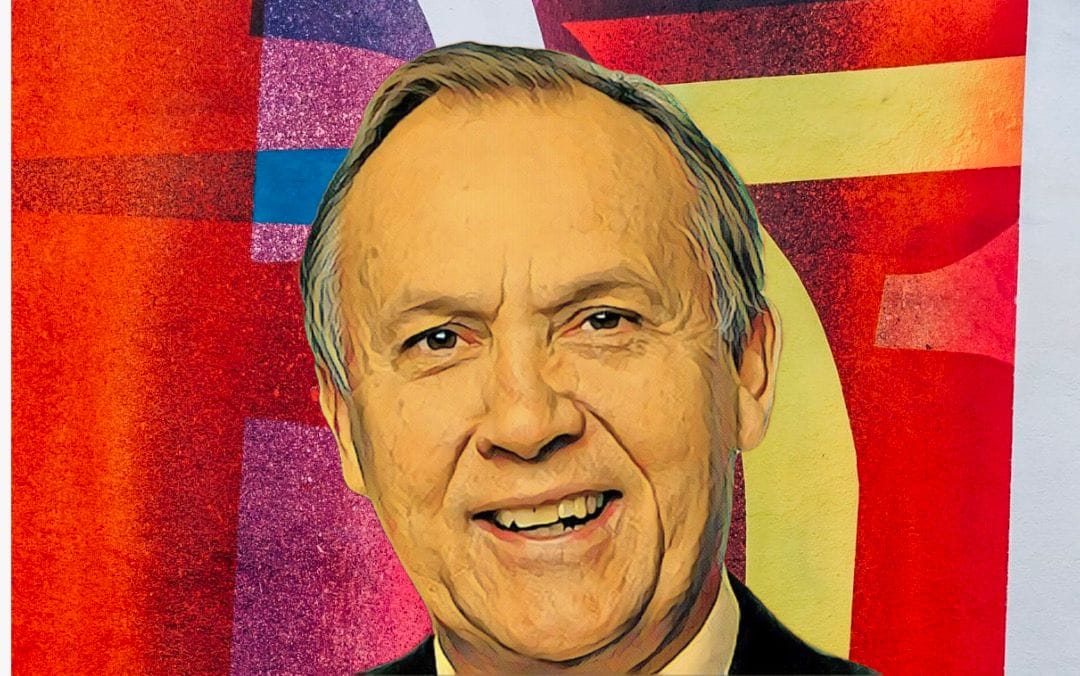Shoprite, linked to billionaire Christo Wiese, launches first apparel store in South Africa

Shoprite Holdings, Africa’s largest supermarket group, which is partly owned by South African billionaire Christo Wiese, has launched its first apparel store in South Africa, Uniq, as it seeks to diversify its operations and boost its earnings.
The first Uniq outlet, located at Canal Walk Shopping Centre in Cape Town, South Africa, marks the leading supermarket group’s sixth entry into categories other than its core supermarket business.
In reaction to the news of the group’s entry into the clothing business, its shares on the Johannesburg Stock Exchange rose 17 basis points to R222.63 ($12.5), pushing the group’s market capitalization above $7.4 billion.
The opening of the apparel store, which is expected to be followed by ten more across the country, will increase competition in South Africa’s apparel market, which is currently dominated by Shoprite’s rival Pick n Pay.
Shoprite has hired Michael Cole, previously the head of Pick n Pay’s clothing business, to run the unit as part of the group’s efforts to expand its operations and fill a gap in the clothing market.
Shoprite Holdings Limited is Africa’s largest retailer and the leading food retailer in South Africa, operating in over 2,900 locations across the continent and employing more than 140,000 people.
Wiese, who was instrumental in the company’s growth, owns 11.63 percent of the company and 305.6 million non-convertible, non-participating, no-par value deferred shares, accounting for 32.2 percent of Shoprite’s voting rights.
Shoprite plans to open 217 new stores in South Africa over the next six months as part of its expansion strategy, with approximately 20 dedicated to specialized categories.
Each new segment will be available online, allowing customers to shop in a convenient and accessible manner.
To reduce costs and maximize earnings, all Uniq stores will have self-service checkout, which reduces clutter, helps drive premium positioning, and reduces the number of employees needed, as the group believes each store will create nine new jobs in the local economy.